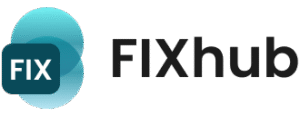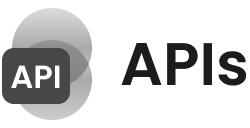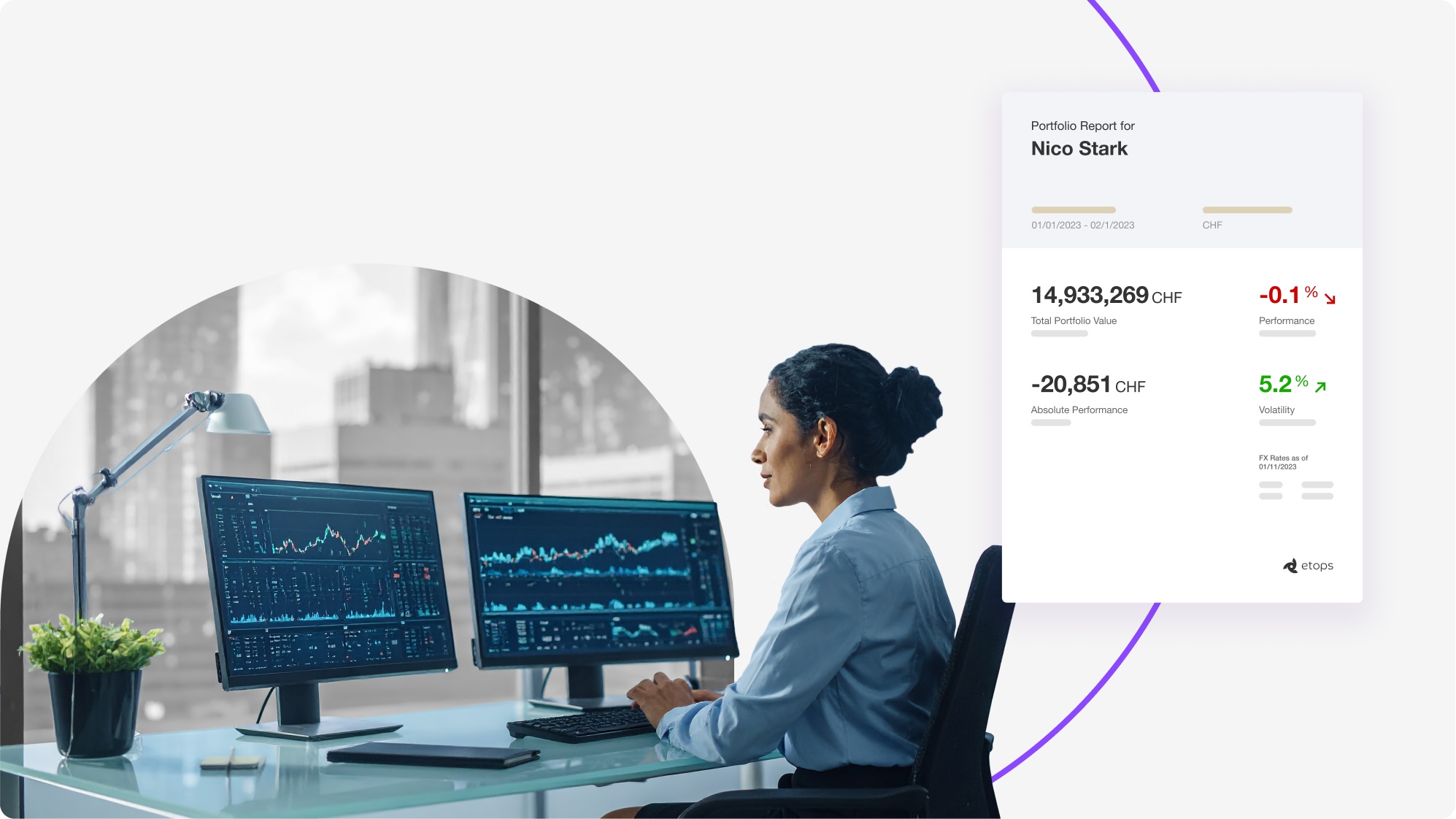The Key Trade-Offs
The first consideration is speed. Outsourced software can usually be deployed within weeks or even days, giving teams immediate access to tested features and compliance-ready workflows. Building, by contrast, is a long game. Even with a skilled internal team, development cycles stretch over months, often delaying time-to-market and competitive advantage.
Cost is another factor where the difference is striking. Buying a solution means predictable subscription fees and vendor-managed updates. Building requires a far greater upfront investment, plus the ongoing expenses of maintenance, upgrades, and security. And the risks are real: according to Reltio, 20% of software projects are cancelled before completion, while 45% are significantly challenged: meaning they run over budget, fall behind schedule, or deliver poor quality results. These numbers highlight just how difficult it is for in-house development to stay on track.
Customization, however, is the area where building shines. An outsourced platform will always come with some limitations: you work within the vendor’s roadmap and adapt to their framework. By building, you can design features exactly as you want them and integrate seamlessly with your existing systems. Of course, that freedom comes at a cost: not only financial, but also in the ongoing responsibility of maintaining and evolving the system. Many companies today struggle with legacy systems that were built but couldn’t keep up with the fast and continuous development today.
In terms of risk and scalability, outsourcing again tends to offer a safer path. Providers have already tested their infrastructure with multiple clients, and updates are handled continuously. With a custom-built system, success depends entirely on your internal capacity to manage performance, security, and scaling challenges.
Why Outsourcing Often Wins
For most asset managers, outsourcing proves to be the smarter choice. It allows firms to access industry-ready workflows without delay, scale as their client base grows, and rely on a partner for compliance and security updates. Instead of reinventing the wheel, they can focus their resources on serving clients and innovating in areas that matter most.
This is precisely where Etops with it’s end-to-end ecosystem and products such as etops Asset Manager Pro stand out. The etops Asset Manager Pro offers a robust platform that is not only ready to use but also designed with asset managers in mind. Rather than facing the complexity and uncertainty of a build project, firms can benefit from a solution that is already proven, yet flexible enough to adapt to their needs.
When Building Still Makes Sense
That doesn’t mean building is never the right choice. For firms with highly specific processes that are central to their differentiation, or for those with the resources to maintain a large, skilled technology team, building can be a strategic investment. It offers independence from vendor roadmaps and the possibility of creating features that no off-the-shelf product would deliver. Still, these cases remain the exception rather than the rule. For the majority of firms, the balance of cost, time, and risk makes outsourcing a more practical path forward.
The Hybrid Answer
There is another approach that some firms have started using and it is a blend of both sides of the debate. Many firms adopt a hybrid approach: outsourcing the core platform for stability and compliance, while building smaller modules or extensions that deliver unique value.
As Forbes Tech Council noted in the context of AI development: “The answer is not just build or buy. It’s build with someone you’d buy from.”
Allowing firms to choose white-labeling and APIs Etops has also solutions for this case. By: providing a ready-made solution that can be customized and extended, giving firms the best of both worlds.
So, is it better to build or to outsource?
In most cases, outsourcing delivers faster results, lower risk, and long-term scalability. Building has its place when differentiation depends on very specific processes, but it is resource-heavy and not always sustainable.
The real opportunity lies in choosing a partner that allows both: the reliability of a proven platform, combined with the flexibility to adapt and extend it. With Etops firms don’t have to compromise. They can rely on a robust system today while shaping it to fit their unique vision for tomorrow.
















